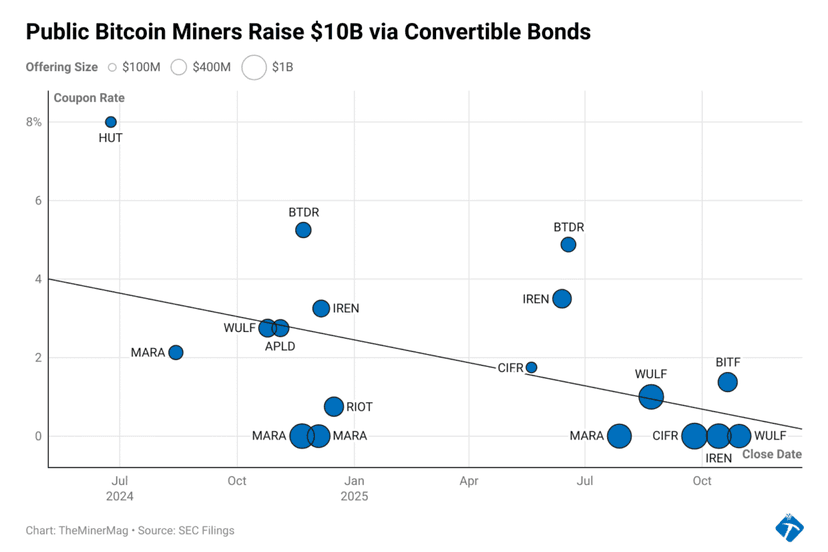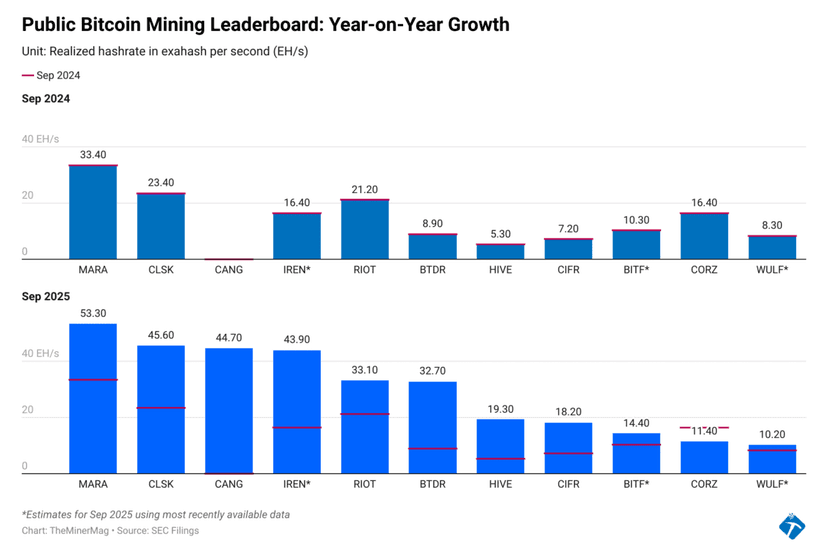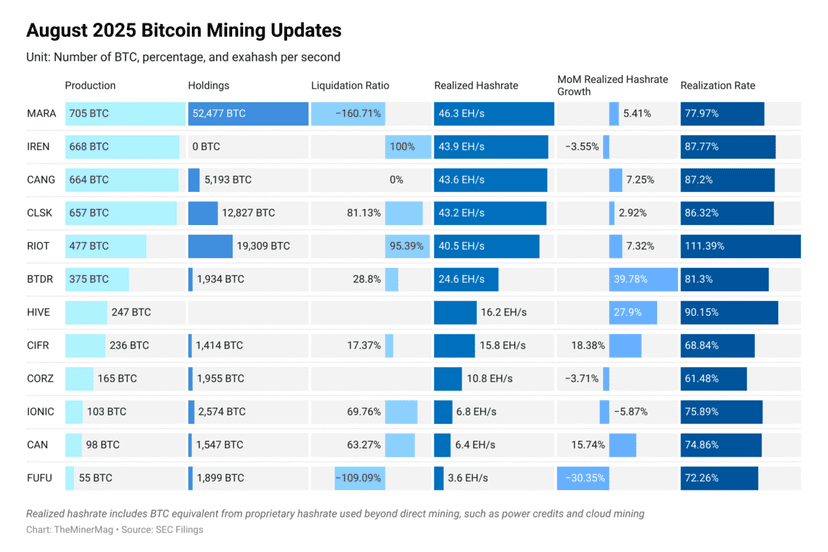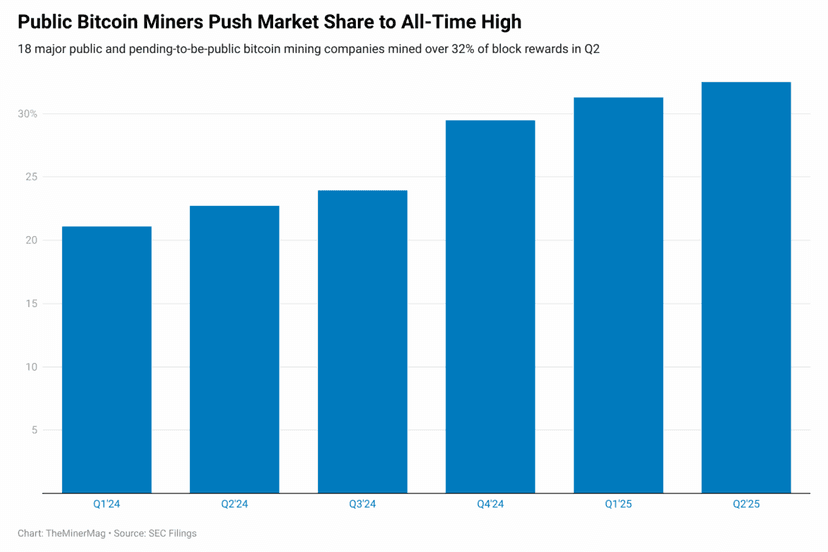Miner Weekly: Elon, Bitcoin Is Green Now — Can We Pay for Teslas Again?

This article first appeared in Miner Weekly, BlocksBridge Consulting’s weekly newsletter curating the latest news in bitcoin mining and data analysis from TheMinerMag. Subscribe to receive in your inbox once a week.
If you have been in crypto since 2021, you may remember Elon Musk abruptly suspending bitcoin payments for Tesla vehicles during the last bull market. The world’s richest man had just helped push BTC into the mainstream, only to reverse course weeks later, citing environmental concerns.
“We are concerned about rapidly increasing use of fossil fuels for Bitcoin mining and transactions,” he posted at the time, “especially coal.”
That single tweet wiped off 5% of bitcoin’s market cap and kicked off a global reckoning about the environmental footprint of proof-of-work mining.
Fast-forward to 2025: the conversation has changed — and so has the data.
This week, the Cambridge Centre for Alternative Finance (CCAF) released its Digital Mining Industry Report. This comprehensive study gives the most credible picture yet of where bitcoin mining stands today. The headline stat? 52.4% of the electricity consumed by surveyed bitcoin miners now comes from sustainable sources — including hydro, wind, solar, and nuclear.
That figure isn’t just a nice round number — it’s based on survey responses and operational data from miners responsible for nearly half of the global bitcoin hashrate. It’s also a marked improvement from the last few years, as the industry has steadily moved away from coal-reliant regions and into areas with cheap, clean power, thanks to the prolonged bear market consolidation.
And it’s not just about optics. Energy costs now make up 80% of miners’ total operational expenses, according to the report, so the shift toward renewable energy isn’t just environmental — it’s financial survival. As competition and electricity prices rise, miners are flocking to regions with abundant, low-cost renewables, like Texas, Quebec, Ethiopia, and Oman. Meanwhile, locations like Kazakhstan, once a booming mining hub, have sharply declined due to regulatory crackdowns and power price hikes.
The CCAF report also highlights how mining is becoming more institutionalized, with greater professionalization, consolidation, and diversification into areas like high-performance computing and AI hosting. But the sustainability shift stands out as a critical milestone — not just for the industry, but for its critics.
Of course, it’s not all perfect. The report acknowledges that verification of renewable claims is still inconsistent, and not all miners are equally transparent about their energy sources. Still, the direction is clear: greener, leaner, and more resilient.
So Elon, if you’re reading:
Bitcoin mining is now majority green, at least by this data. Are we good to pay for Teslas in BTC again?
Regulation News
- Bitcoin mining syndicate busted in Terengganu for electricity theft worth RM36,000 monthly – Malay Mail
Hardware and Infrastructure News
- Compass Energizes 8MW of New Proprietary Bitcoin Mine in Iowa – TheMinerMag
- CleanSpark Eyes Bitcoin Mining Expansion in Mountain City, Tennessee – TheMinerMag
- Phoenix Group Expands Bitcoin Mining in Ethiopia to 132 MW – TheMinerMag
- Bitcoin Miners Turn to Renewables as Industry Matures: Cambridge Report – TheMinerMag
- The SlickFracking-Powered Crypto Mine in Pennsylvania Shuts Down Without Word to Regulators – Capital and Main
- Bitcoin Mining Difficulty Set for Largest Drop Since December 2022 – TheMinerMag
Corporate News
- Digi X Power, formerly Digihost, plans Bitcoin mining site in Burke County. Town to consider restrictions – Hickory Record
- Galaxy Expands CoreWeave Deal, Accelerates Shift From Bitcoin Mining to AI Hosting – TheMinerMag
Financial News
- Bitcoin Miner 1Q Results May Disappoint as Hashprice Fell, Tariffs Hit: CoinShares
- AI Startup Nscale Chases ByteDance Deal and $1.8 Billion in Debt – Bloomberg








